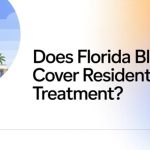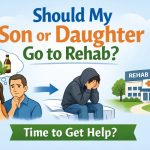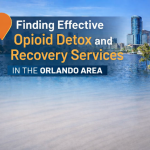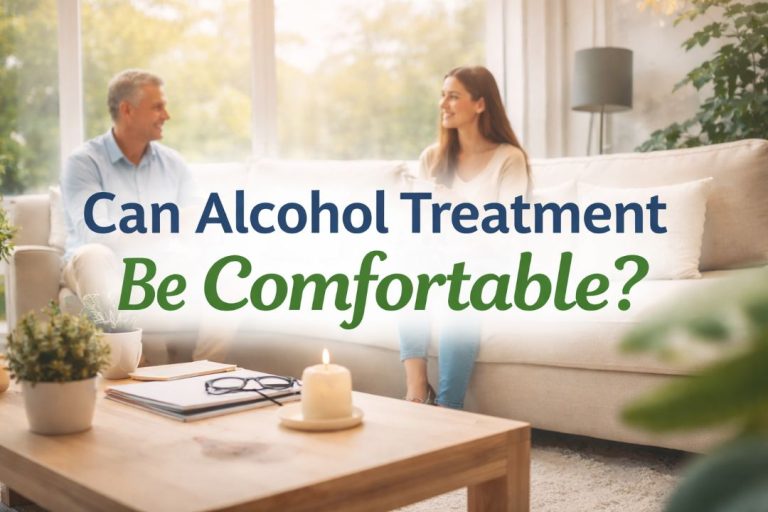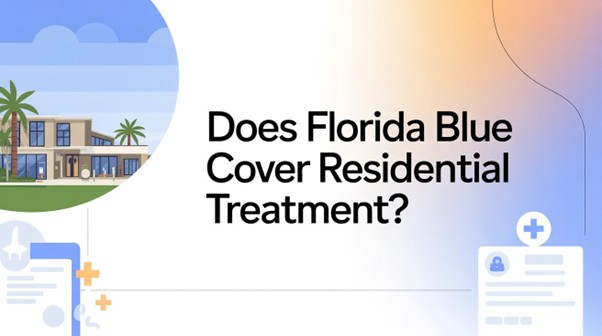Addiction is an intricate and long-running disease that affects numerous people and families every year. Regardless of whether the dependency is on drugs, alcohol or behavioral patterns, the correct method of treatment is the key to sustainability in the process of recovery. In recent years, healthcare providers and treatment centers for addiction have emphasized the importance of evidence-based treatment for addiction, which means therapies and interventions that are backed by scientific research and proven to work.
At Solutions Healthcare, we are a company that believes in implementing the most effective and evidenced based strategies to help people reclaim their lives out of addiction. Below, we’ll explore the most evidence-based treatments for drug and alcohol addiction, the role of therapy and medications, and why choosing the right center for addiction treatment makes all the difference.
Understanding Evidence-Based Treatment for Addiction
The term evidence-based treatment for addiction refers to therapies and interventions that have been scientifically studied and consistently shown to be effective in helping people overcome substance use disorders. Whereas unproven or alternative treatments often lack supportive clinical research, peer-reviewed research and medical evidence, these treatments do not.
Since EBT utilize both the physical and psychological approach to addicts, they provide individuals with the most excellent opportunity of recovery. Such treatments usually contain a combination of:
- Behavioral therapies
- When (but only when) medications need to be prescribed
- Counseling, peer groups, aftercare planning are all supportive services it offers
Behavioral Therapies: The Cornerstone of Evidence-Based Addiction Treatment
When speaking of the treatment of drug and alcohol addiction with the most evidence behind it, behavioral therapies are client-centered in the backbone. The purpose of these treatments is to alter maladaptive thought patterns, work on coping abilities, and enhance a persons ability to prevent relapse.
1. Cognitive Behavioral Therapy (CBT)
CBT is another one of the most studied and commonly-used intervention in treating addiction. It assists them in recognizing their triggers, work on negative thoughts, and change their coping skills towards a healthier mode. Research indicates that CBT decreases the relapse rates and long-term recovery in patients.
2. Motivational Interviewing (MI)
Motivational Interviewing is an evidence-based treatment that motivates people to give up on the alcohol or drugs. It enhances an intrinsic motivation and helps to develop confidence, which becomes an effective method at the initial stages of treatment.
3. Contingency Management (CM)
The positive reinforcement in this therapy is the provision of rewards or incentives in order to motivate the people to stay free of drugs. Studies have discovered that it is particularly effective when treating the stimulant and opioids use disorder.
4. Family Therapy
Addiction not only affects the victim but it affects the family unit as well. Therapeutic methods, which include evidence-based family therapy protocols, like Multidimensional Family Therapy (MDFT), pay attention to communication problems, restore trust, and build a supportive recovery environment.
100% Confidential Support is Available 24/7
No matter what you’re going through, you’re not alone. Our dedicated team is here to provide a safe, judgment-free space where you can talk openly and honestly. Whether you need emotional support, resources, or just someone to listen.
We’re here for you—completely confidential and always respectful of your privacy. Call us today!
Medication-Assisted Treatment (MAT) for Addiction
Medications, in addition to therapy, may be used as evidence-based treatment of alcohol addiction, and drug addiction. Also referred to as Medication-Based Treatment (MAT), this involves the treatment of alcohol abuse combining FDA-approved prescriptions with behavioral counseling to offer a more comprehensive treatment plan.
Medications for Alcohol Addiction:
- Naltrexone: Decreases craving and effects of alcohol as being rewarding.
- Acamprosate: Helps to restore the chemistry of the brain and decrease relapses
- Disulfiram: It induces unpleasant effects when alcohol enters the body and this makes it unattractive to alcohol.
Medications for Drug Addiction:
- Methadone is a long-acting opioid agonist to treat opioid addiction.
- Buprenorphine: it diminishes cravings and withdrawal symptoms.
- Naltrexone: Prevents the feeling of pleasure associated with the use of opioids.
Evidence has demonstrated that MAT increased treatment retention, led to a reduction in the consumption of illegal drugs, and limited the occurrence of overdoses, making it one of the most efficient evidence-based strategies.
Contact Solutions Healthcare
Battling with Drug and Alcohol Addition? Remember, you are not alone and we are here to help you!
Holistic and Supportive Care in Evidence-Based Treatment
Although therapy and medications are the most significant parts of the treatment process, they have better results when accompanied by a holistic treatment plan. Many treatment centers for addictions also offer:
- Support groups: 12-step programs or SMART Recovery
- Life skills development to enable re-entry into normal activities in life
- Co-occurring mental health disorders can be treated using dual diagnosis treatment.
- Aftercare programs to offer follow up care following treatment
A high-quality center for addiction treatment ensures that all aspects of a person’s physical, emotional, and social well-being are addressed.

Why Choosing an Evidence-Based Center for Addiction Treatment Matters
Not all treatment centers for addiction follow evidence-based practices. Some might place immense or un-tested and un-proven alternative treatment and similar focus. Although some holistic disciplines, such as yoga, meditation, or art therapy, may be helpful in general wellness, the best results are achieved in combination with science-based interventions.
At Solutions Healthcare we concentrate on effective treatments and combine holistic options to provide a balanced and individual approach to recovery. It is our goal to make sure that every client is equipped with the tools and support needed to continue their path to long term recovery.
Take the First Step Toward Recovery Today
That is why addicted people can be cured. The most evidence-based treatment for addiction combines behavioral therapies, medication-assisted treatment, and supportive care tailored to each individual. Choosing a trusted center for addiction treatment ensures that your recovery is built on proven methods that truly work.
With our team of expert professionals, At Solutions Healthcare works to provide individuals and their families with a path towards long-term recovery based on research and proven methodologies and customized pathways to recovery.
Contact us today at (386) 866-3600 and we will explain more about our programs and get you on the path to a healthier life, living without the addiction.
FAQs About Evidence-Based Treatment for Addiction
Which treatment is most effective in treating addiction?
A combination of behavioral therapies and when suitable medication-assisted treatment (MAT) is the most effective treatment source. Evidence indicates that this comprehensive is most effective in the long-term.
What is the most evidence-based therapy?
Cognitive Behavioral Therapy (CBT) is thought to be the most evidence-based addiction treatment, as its research and success has shown good results on a wide range of substance abuse issues.
What is the most popular model for the treatment of substance abuse?
The most common one is the biopsychosocial model that considers the biological, psychological, and social considerations to addiction.
What is the most widely used alternative treatment for substance abuse?
Supportive therapy is usually done with the help of an alternative method like mindfulness, meditation, or yoga. Although useful, their use should not substitute evidence-based treatments.
Which of the following is the most common pharmacological treatment for addiction?
In the case of opioid addiction, the most common medications include methadone, and buprenorphine among others. Naltrexone is liberally used in case of alcohol addiction.









